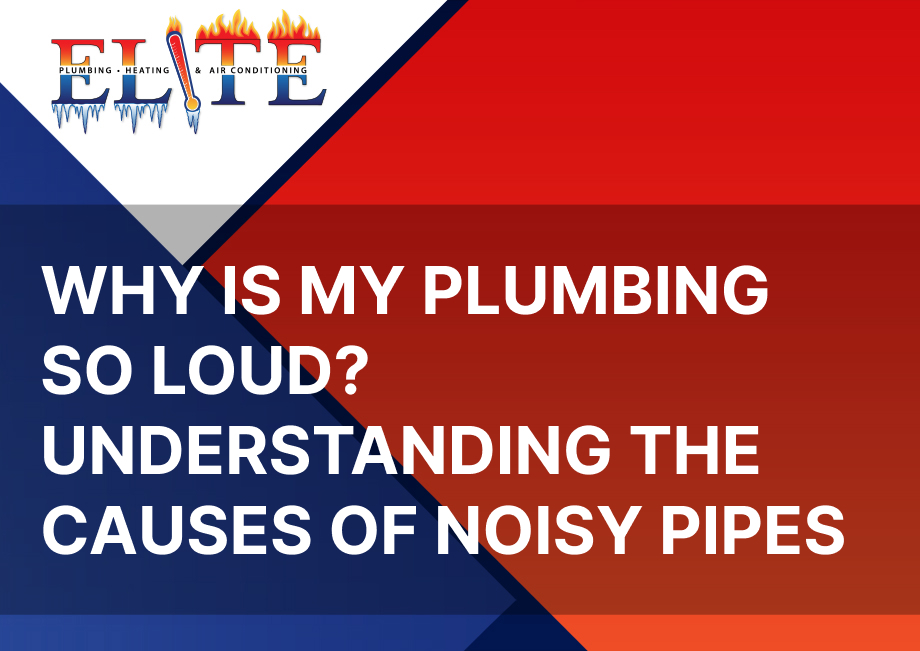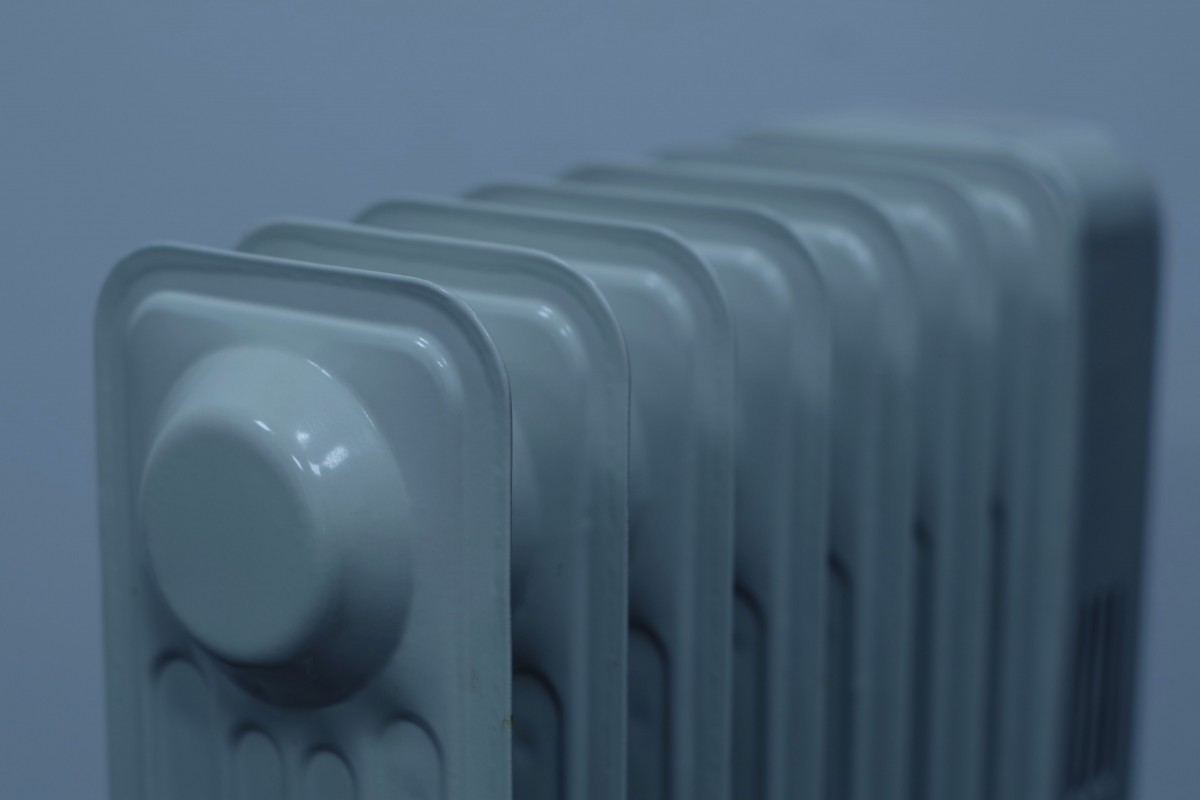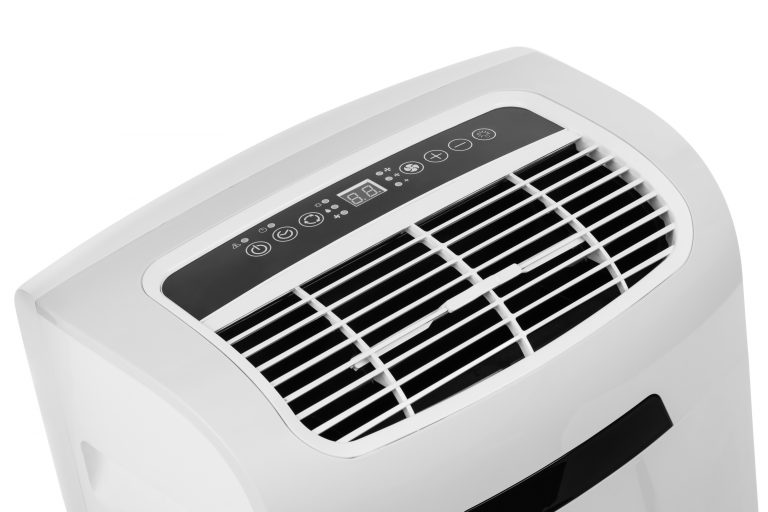Why Is My Plumbing So Loud? Understanding the Causes of Noisy Pipes
Noisy plumbing can be a frustrating issue, disturbing the peace of your home and raising concerns about potential damage to your pipes. Whether you hear banging, rattling, or hissing sounds, these noises often signal underlying issues within your plumbing system. This blog will cover the common causes of loud plumbing and what you can do to restore a peaceful and quiet home environment.
- Water Hammer: The Most Common Cause of Loud Pipes
One of the most frequent reasons for loud plumbing is a phenomenon known as “water hammer.” This occurs when water moving through your pipes is forced to stop suddenly, creating a pressure shockwave.
- Signs: A loud banging or knocking sound coming from your pipes.
- Cause: Water hammer typically happens when you turn off a faucet quickly, causing the water to slam into the closed valve.
- Solution: Installing water hammer arrestors can absorb the shock and reduce noise. Additionally, you can add air chambers to the plumbing system to buffer the water’s momentum.
- High Water Pressure
If your water pressure is set too high, it can cause your pipes to vibrate and create a humming or vibrating sound, particularly when you turn on a faucet.
- Signs: A continuous humming sound when water is running.
- Cause: Excessive water pressure puts stress on pipes and joints, which can cause noisy vibrations.
- Solution: A plumber can install a pressure-reducing valve (PRV) to regulate water pressure and keep it at a safe level, usually between 40 to 60 PSI.
- Loose Pipes and Brackets
Pipes that aren’t secured properly can rattle or bang against walls and floors when water flows through them. This is especially common in older homes or areas where pipes run through walls or ceilings.
- Signs: A rattling or clanging sound, often in walls or ceilings.
- Cause: Pipes can come loose over time due to the natural expansion and contraction caused by temperature changes.
- Solution: Securing the pipes with additional brackets or clamps can prevent them from moving and reduce noise.
- Expanding and Contracting Pipes
When hot water flows through cold pipes, it causes them to expand. As they cool down, they contract. This expansion and contraction can create a ticking or tapping noise, especially in copper pipes.
- Signs: Tapping or clicking sounds, especially when running hot water.
- Cause: The thermal expansion of pipes as hot water flows through them.
- Solution: Insulating your pipes can help reduce temperature fluctuations and the resulting expansion and contraction noise.
- Sediment Buildup in Water Heater
If you hear a popping or rumbling sound coming from your water heater, it could be due to sediment buildup. Over time, minerals from hard water settle at the bottom of the tank, trapping water bubbles that “pop” as they heat up.
- Signs: Popping or rumbling sounds from the water heater.
- Cause: Accumulated sediment in the water heater tank creates noise as water is heated.
- Solution: Regularly flushing your water heater can help clear sediment and prevent these sounds. If it’s been a while since your last flush, consult a plumber to perform a thorough tank cleaning.
- Worn Out or Faulty Washers in Faucets
A squealing or whistling noise when you turn on a faucet often indicates a worn-out washer or valve in the faucet. This is especially common in older fixtures.
- Signs: High-pitched squealing or whistling sound when using specific faucets.
- Cause: Damaged or loose washers can disrupt the smooth flow of water, creating noise.
- Solution: Replacing the washer or valve usually resolves this issue. This is a relatively simple fix but may require a professional if you’re unfamiliar with plumbing repairs.
- Air in the Pipes
Air trapped in pipes can create a variety of sounds, from loud banging to hissing noises. This often occurs after plumbing work or when water supply lines are not fully purged.
- Signs: Loud banging, sputtering, or hissing sounds, especially when turning on faucets.
- Cause: Air pockets trapped in the water lines disrupt normal water flow.
- Solution: Bleeding the system can remove trapped air. Turning on all faucets to let the water flow freely can sometimes clear the air. In more complex cases, a plumber can help purge the system.
- Old or Corroded Pipes
In older homes, worn-out or corroded pipes can create a range of noises. Corrosion narrows the pipe diameter, causing water to struggle as it flows, which creates unusual sounds.
- Signs: Persistent noise from pipes, often combined with visible signs of rust or leaks.
- Cause: Over time, corrosion and mineral deposits in pipes restrict water flow and can lead to noisy plumbing.
- Solution: Replacing old or corroded pipes is often necessary to resolve this issue. Modern materials like PEX or PVC are more resistant to corrosion and less prone to noise.
Preventive Measures for Quiet Plumbing
- Regular Maintenance: Regular plumbing inspections can help detect and fix loose pipes, high water pressure, or other issues that lead to noisy plumbing.
- Check Water Pressure: Keeping your water pressure within a safe range will protect your pipes and reduce noise.
- Flush Water Heater Annually: Sediment buildup is a common cause of noise, and regular flushing will keep it under control.
When to Call a Professional
If you’re dealing with persistent plumbing noise and have tried some basic fixes without success, it’s time to call a professional plumber. Noisy pipes may be a sign of a more serious issue, and a qualified plumber can quickly diagnose and resolve the problem before it worsens.
Final Thoughts
Noisy plumbing can be a nuisance, but addressing the root cause can restore your peace and prevent potential plumbing issues. Whether it’s water hammer, high water pressure, or worn-out components, a professional plumber can assess and fix the issue. For expert assistance in diagnosing and resolving loud plumbing, contact Elite Plumbing, Heating & Air Conditioning. Their team has the experience to identify and solve any plumbing noise issue, bringing comfort and quiet back to your home.
SCHEDULE YOUR FREE ESTIMATE
We Provide Expert Air Conditioning Services in Las Vegas, NV










